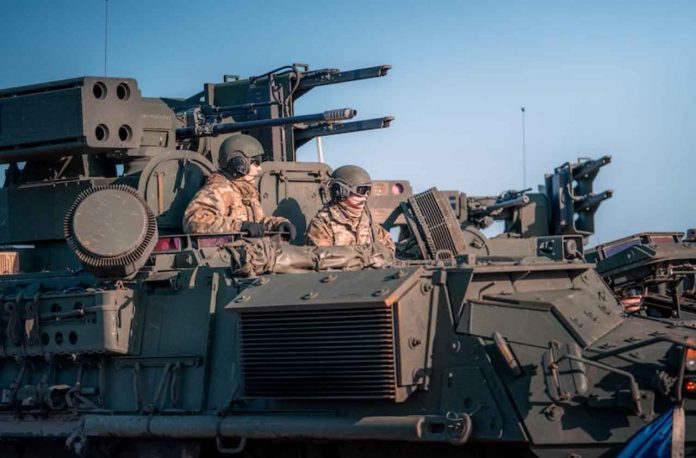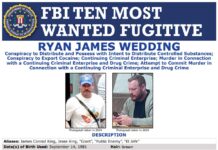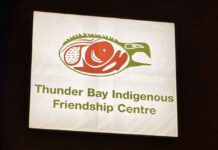In a rare and solemn moment, Canada’s Parliament recently stood together to honour a 98-year-old man, Yaroslav Hunka, for his role in World War II. Yet, this gesture, intended to celebrate bravery, has sparked international scrutiny and embarrassment for Ukraine President Volodymyr Zelensky. The incident, featuring a man with a controversial past, has brought to light the complexities of history, remembrance, and accountability that countries, including Canada, must confront.
There is a saying that you either learn from your history or you are doomed to repeat it.
During World War II, Allies fought the Axis. The major Allied powers were Britain, Soviet Union, United States along with many other countries including Canada. The major Axis powers were Germany, Japan and Italy.
So when the Speaker wrote his speech to celebrate Yaroslav Hunka, who had “Fought against Russia” in World War II it must have been a complete lack of understanding of history that started this decent of Canada’s international reputation.
During World War II, Hunka fought alongside a Nazi unit composed of Ukrainian volunteers, engaging in horrific acts, including the massacres of Jewish civilians. This stark reality raises ethical questions about honouring individuals involved in atrocities, even in the context of wartime alliances. The standing ovation in the Canadian House of Commons drew sharp criticism, both internationally and domestically, prompting the Canadian Prime Minister Justin Trudeau to issue a formal apology for the incident.
However, this incident is not an isolated one. Ukrainian American journalist Lev Golinkin points out that Canada, like many other countries, provided refuge to Ukrainian Nazi collaborators after the war. This history includes figures like the grandfather of Canadian Deputy Prime Minister Chrystia Freeland, shedding light on the complex nature of post-war immigration policies and their moral implications.
The incident involving Hunka underscores the importance of acknowledging historical realities, no matter how uncomfortable they may be. It also brings attention to the responsibility of nations in addressing their past and coming to terms with the dark chapters of history.
In this context, the actions of the Canadian Parliament can serve as a catalyst for a broader conversation about how societies remember and recognize the deeds of individuals involved in wartime atrocities. It calls for a nuanced approach that balances the need for remembrance with the imperative of holding individuals accountable for their actions, regardless of the passage of time.
Moreover, the incident highlights the vital role of education and awareness in shaping public opinion. Understanding the nuances of history, including the uncomfortable truths, is crucial in fostering empathy, tolerance, and preventing the repetition of past mistakes.
Addressing this issue requires not only introspection but also international collaboration. Nations must work together to ensure that those involved in heinous acts during conflicts are not celebrated, and that historical remembrance is grounded in truth and empathy. In doing so, we can build a world where honouing bravery is done with integrity and respect for the shared values of humanity. Canada’s acknowledgment of the incident and the subsequent apology is a step in the right direction, reminding the world of the importance of confronting uncomfortable truths and striving for a more just and compassionate future.
The invasion of Ukraine by Russia is wrong. So too is honouring a man who fought for the Nazi’s during World War II.







